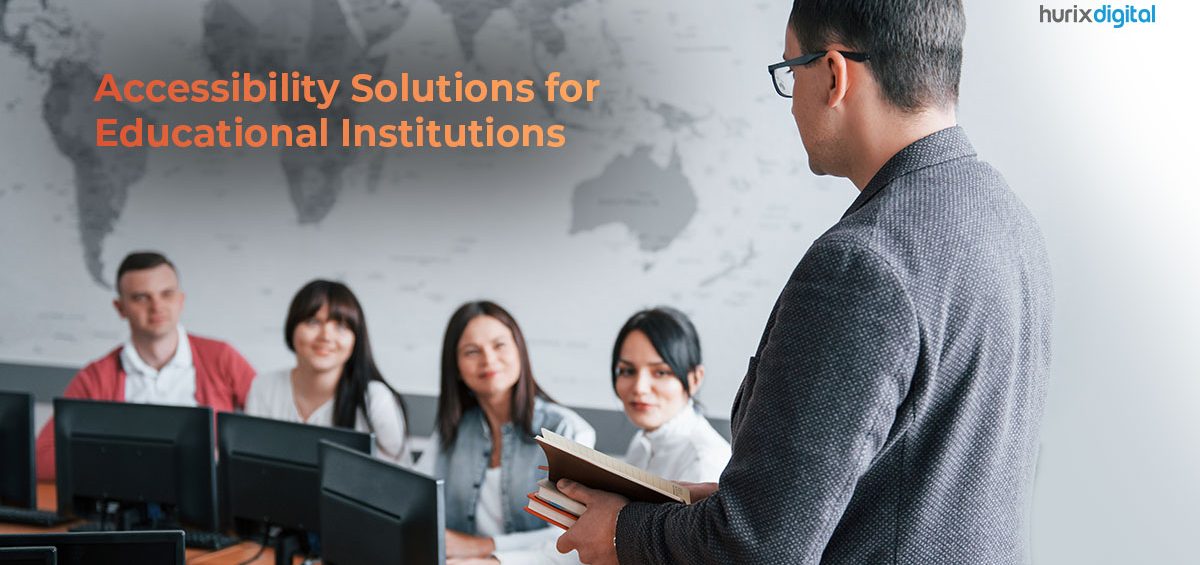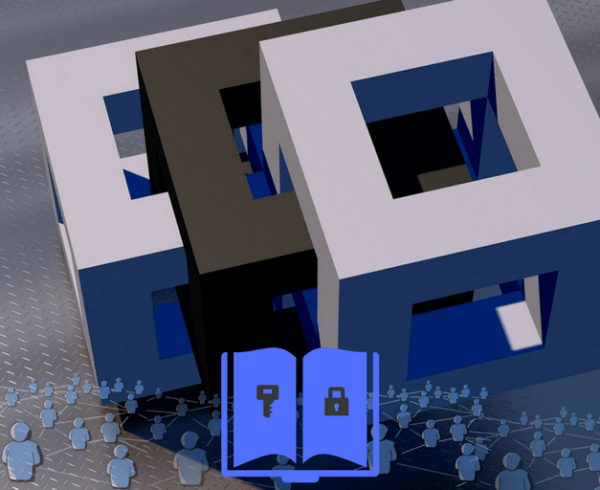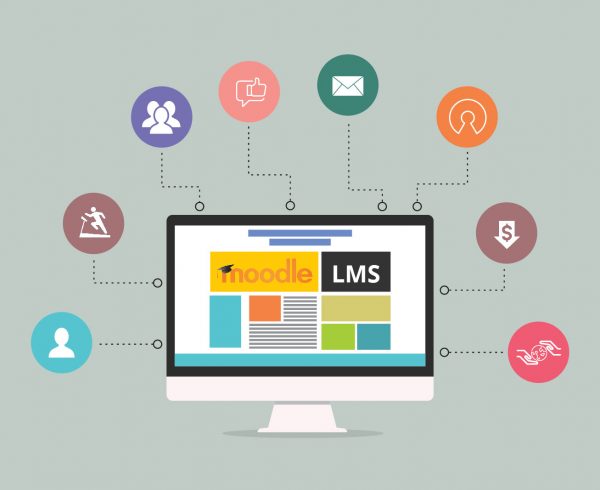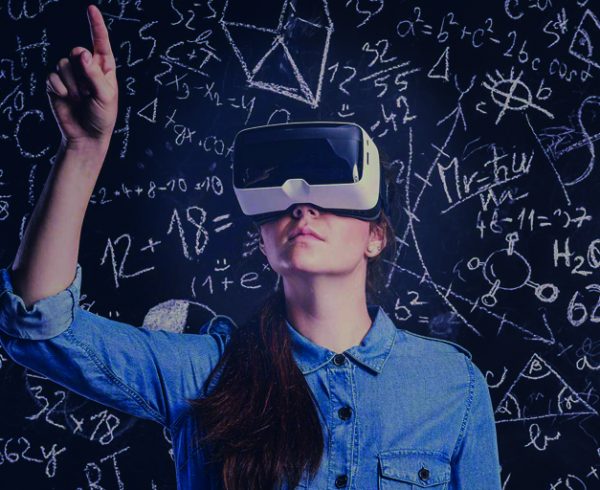Accessibility solutions don’t just make life better for the differently-abled but for everyone. In the past, special needs students were treated differently, sent to different schools, and often criticized, preventing them from reaching their full potential.
In a world where extraordinary personalities like Stephen Hawking, Albert Einstein, Helen Keller, and others can make waves, accessibility solutions for educational institutions are essential.
Why Accessibility Solutions Are Important for Educational Institutions
Studies show that one in five undergraduate and 12% of graduate students have a disability. Accessibility solutions are important to create equal opportunities for all.
About 5% of American students have learning disabilities, and the six-year graduation rate for students without disabilities is 68%, while for those with disabilities, it’s much lower at 49.5%. This highlights the need for assistance and support.
By implementing accessibility solutions, we create a more diverse, thriving environment and act upon our social responsibility. We can also improve retention and success rates for specially-abled individuals, enriching learning. Legal compliances are also another reason for doing so.
But how can we make our educational institutions more accessible?
The Top 10 Accessibility Solutions for Educational Institutions in 2023
Multiple tools in 2023 can redefine education and make it truly accessible. While some of these tools are new, many have been around for a while, providing quality accessibility measures.
1. Audio Notetaker (Sonoscent)
Here’s what this solution can do:
- Consolidate audio, text, and slides as notes in one place.
- Arrange and categorize sets of notes for convenience.
- Enhance the audio quality and extract valuable information.
- Record audio, create text, and incorporate slides.
- Include notes using illustrations, sketches, and images.
2. Dragon (Dictate)
An innovative accessibility tool that:
- Allows users to interact with their computers through voice.
- Converts spoken thoughts into computer actions and text, eliminating the need for a keyboard to type.
3. BrailleNote Touch Plus
An old technology, redesigned for the modern world that can:
- Help visually impaired students use a Braille display with a keyboard on a touchscreen tablet.
- Use multiple applications like web browsing, word processing, emails, etc., to help make learning independent and encouraging.
4. MindView
This tool uses the technique of mind mapping to:
- Enable students to organize information visually.
- Empower students with learning disabilities who cannot function well with linear, text-based note-taking.
- Help them use popular apps like Word, Google Workspace, PowerPoint, and text-to-speech options.
5. ClaroRead
A simple but very effective accessibility solution that can:
- Read out any text on any screen out loud.
- Be used during any test online or offline to aid visually impaired students.
6. Bookshare
A treasure trove of knowledge for students with learning disabilities, offering:
- An extensive online library offering accessible books, textbooks, and periodicals in formats such as audio, braille, and large print.
- An important tool for students with print disabilities like dyslexia, blindness, or other disabilities.
7. Otter.ai
Otter.ai is an AI-powered accessibility tool that can:
- Do real-time transcription and note-taking for lectures.
- Empower students who are deaf and hard of hearing or have other issues with note-taking.
- Allows integration with platforms like Zoom and Google Meet for online education.
8. EquatIO
An interesting mathematics and science tool created by Texthelp that can:
- Enable students to create, edit, and interact with mathematical expressions and scientific notations.
- Offers speech-to-math and handwriting recognition features, making it more accessible for students with various learning needs.
- Makes mathematics and science more engaging and less frustrating with special exam support for the differently-abled.
9. Echo Livescribe Smartpens and Smartpaper
Echo Livescribe has come with smartpens and smart paper to help:
- Digitally capture written notes and synchronize them with audio recordings.
- Capture what’s written on the smart paper with a unique pattern of tiny micro-dots called DPS, which works like a GPS for the pen.
- Help students with learning disabilities or needing additional support in capturing lecture information.
10. Snap&Read
A digital assistive tool that offers literacy support for different kinds of differently-abled students through:
- High-quality text-to-speech functionality, which is customizable along with dynamic text leveling, can simplify the text being read.
- OCR, translation, annotation, and note-taking.
Say Yes to Accessibility: Action Points
What else can an educational institution do to embrace diversity and inclusion completely? The answer is in the three As — AWARENESS, ACCEPTANCE, and ACTION.
UNICEF provided a comprehensive checklist that can be found on page 22 of this report on ‘Making Schools Accessible.’ You can engage with these five practices:
- Universal design (UDL): From curriculum to the facilities like playgrounds, toilets, benches, etc., everything can be designed for ALL.
- More than one learning option: One size does not fit all, and one teaching method certainly does not either. Allow for online/offline or hybrid courses to offer higher flexibility.
- Assistive tech: Equip classrooms with tools for differently-abled like screen readers, braille books, closed captioning, etc.
- Training and awareness: Make the teachers and staff aware of what different kinds of accessibility sensitization might be needed so they are more empathetic and non-discriminatory.
- Offer help: Arrange for counseling, support, and special assistance of any other kind.
That’s all you need. Get started today! Hurix Digital offers a plethora of EdTech solutions for your educational institution, whether it is for K-12 or higher education. We deliver content that matches WCAG standards. You only need to say hi, and we will take care of everything else.











